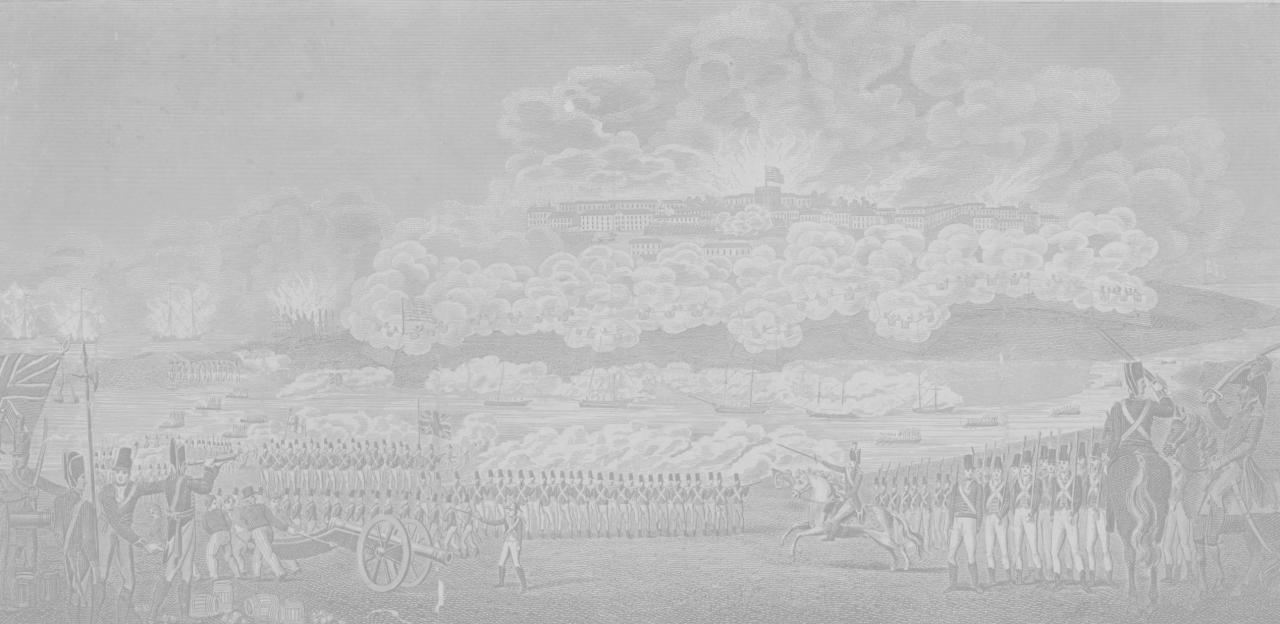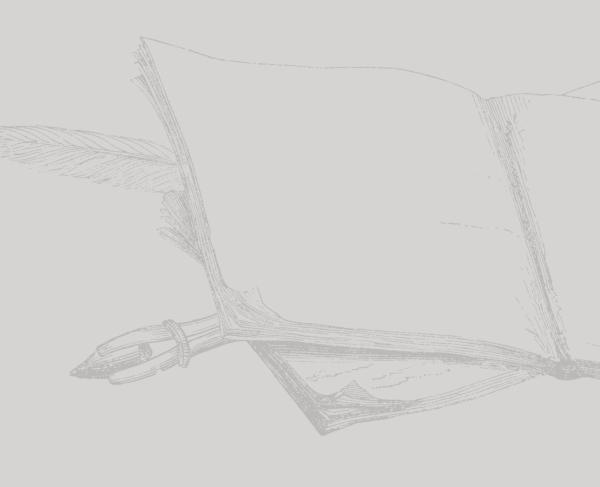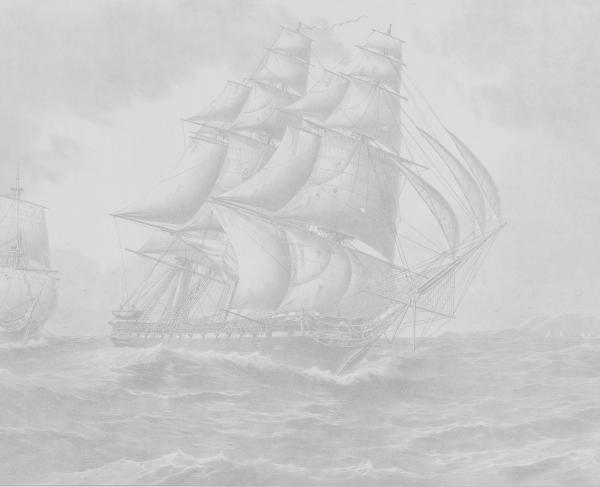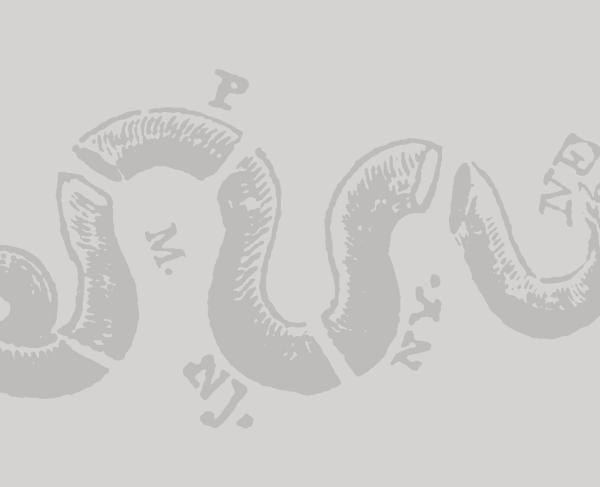1812: Tecumseh's Promise Regarding Peace and War

Tecumseh, a Shawnee chief, formed alliances between Native American tribes—sometimes called Tecumseh's Confederacy. He tried to unite tribes to defend their lands, negotiate treaties, or fight in coordination. In September 1811, the governor of Louisiana and Indiana Territories, William Henry Harrison, took a thousand soldiers into Tecumseh's territory, anticipating that a show of force would threaten and slow the confederacy. At the time, Tecumseh was away, and his younger brother authorized an attack on the American camp which became the Battle of Tippecanoe. The following year in June 1812, Tecumseh met with tribal leaders, hoping to bring the Hurons into the confederacy and taking the opportunity to explain that the Potawatomi tribe had started skirmishing with the Americans which led to Harrison's expedition and the Battle of Tippecanoe. An interpreter wrote the speech in English; "Brothers" refers to the Hurons, "Father" refers to the British who were allying with Tecumseh's Confederacy at that time, and "Big Knives" refers to the Americans. The speech outlines Tecumseh's view of the conflict, his hopes for peace, but promise to fight if attacked.
Father, & Brothers Hurons!
Brother Hurons,
You say you were employed by our Father and Your own Chiefs to come and have some conversation with us, and we are happy to see You and to hear Your and our Father's Speech. We heartily thank You both for having taken the condition of our poor Women and children to Your considerations. We plainly see that You pity us by the concern You shew for our welfare; and we should deem ourselves much to blame if we did not listen to the Counsel of Our Father and our Brothers the Hurons.
Father and Brothers! We have not brought these misfortunes on ourselves; We have done nothing wrong, but we will no point out to You those who have occasioned all the mischief—
Our Younger Brothers the Putewatemies (pointing to them) in spire of our repeated counsel to them to remain quiet and live in peace with the Big Knives, would not listen to us— When I left home last Year to go to the Creek Nation, I passed at Post Vincennes and was stopped by the Big Knives, and did not immediately know the reason, but I was soon informed that the Putewatemies had killed some of their people; I told the Big Knives to remain quiet until my return, when I should make peace and quietness prevail—On my return I found my Village reduced to ashes by the Big Knives—You cannot blame Your Younger Brothers the Shawanoes for what has happened: the Putewatemies occasioned the misfortune. Had I been at home and heard of the advance of the American Troops towards our Village, I should have gone to meet them and shaking them by the hand, have asked them the reason of their appearance in such hostile guise—
Father & Brothers! You tell us to retreat or turn to one side should the Big Knives come against us; had I been at home in the late unfortunate affair I should have done so, but those I left at home were (I cannot call them men) a poor set of people, and their scuffle with the Big Knives I compare to a struggle between little children who only scratch each others faces—The Kikapoos and Winnibiegoes have since been at Post Vincennes and settled that matter amicably.
Father & Brothers. The Putewatemies hearing that our Father and You were on the way here for peaceable purposes, grew very angry all at once and killed Twenty-seven of the Big Knives.
Brothers!—We Shawanoes, Kikapoos and Winibiegoes, hope You will not find fault with us for having detained You so long here; We were happy to see You and to hear Your and Our Father's words; and it would surely be strange if we did not listen to our Father and our eldest Brother.
Father & Brothers! We will now in a few words declare to You our whole hearts—If we hear of the Big Knives coming towards our villages to speak peace, we will receive them; but if We hear of any of our people being hurt by them, or if they unprovokedly advance against us in a hostile manner, be assured we will defend ourselves like men.—And if we hear of any of our people having been killed, We will immediately send to all the Nations on or towards the Mississippi, and all this Island will rise as one man—Then Father and Brothers it will be impossible for You or either of You to restore peace between us.
Related Battles
189
120


